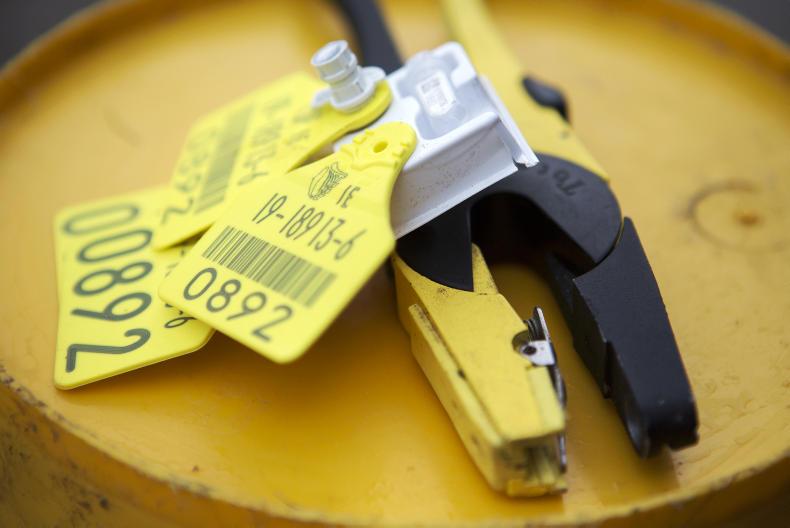As Ireland prepares to approve multiple suppliers for cattle tags, French regulations give an insight into the standards applied for a similar system there. French farmers obtain tags from a local administrative office, which in turns orders tags from any of the six approved suppliers.
Any new supplier seeking approval for tags must put their products through a series of tests. The tags and tagging tool are checked for compliance with dimensions, colours and practical functionality. If successful, they go on to lab tests where the plastic is subjected to tearing tests at temperatures ranging from -10°C to 45°C. The durability of the lettering is also measured.
It is only after all this that live tests begin. "Measuring in a laboratory gives information on the tag's resistance but is insufficient to estimate actual resistance in farming conditions," the regulations read. "Laboratory conditions cannot cumulate the various ageing factors at work on a concurrent and daily basis in farming conditions."
Tags are tested on 3,500 to 5,000 cattle on 60 farms in three regions. Each tag is tested for two years, but the process is staggered over three years due to calving seasons. Only tags with a 97% survival rate or higher are approved.






 This is a subscriber-only article
This is a subscriber-only article










SHARING OPTIONS: